Atmosphere, solemnity and lots, lots of class: how David Wise’s music contributed to a more artistic vision of video games
Welcome back to Music & Video Games, where we leave fingers and eyes on the rear seats and leave the reins to our ears: today, after starting from the external tributes of Caparezza and then continuing with the composers Akira Yamaoka and Yoko Shimomura, today we stop for a moment in the west with David Wise. The name alone might not tell you anything … but in reality, if you were to think of African percussion and more reflective sounds, you could immediately associate the name with one of the most famous platforming sagas of which the world has memory. Do red ties mean anything to you?
Rare goods
According to David Wise himself (class 1967, one month and six days older than the legendary Yoko), his music enjoys many influences, although the first instrument he played (as well as the Shimomura) before trying his hand at video games was the only piano. Later, the musician tried his hand at the trumpet and, as a teenager, with percussion. In his youth, Wise played in several bands until 2004. However, he is only getting in touch with Tim e Chris Stamper that his gaming career began. You may know the duo as the founders of Ultimate Play The Game.
If the company name doesn’t tell you anything, try its middle name: Rareware. For the current rib of Microsoft, at the time a second-party studio for Nintendo, one of the first signs of talent was the musical flair of this real revelation for the sector. The revelation came with a chance encounter: “I was working in a music shop and was demonstrating what a Yamaha CX5 music computer could do to two people, Tim and Chris Stamper. I composed something on the fly to give them a demonstration. And they offered me a job. “
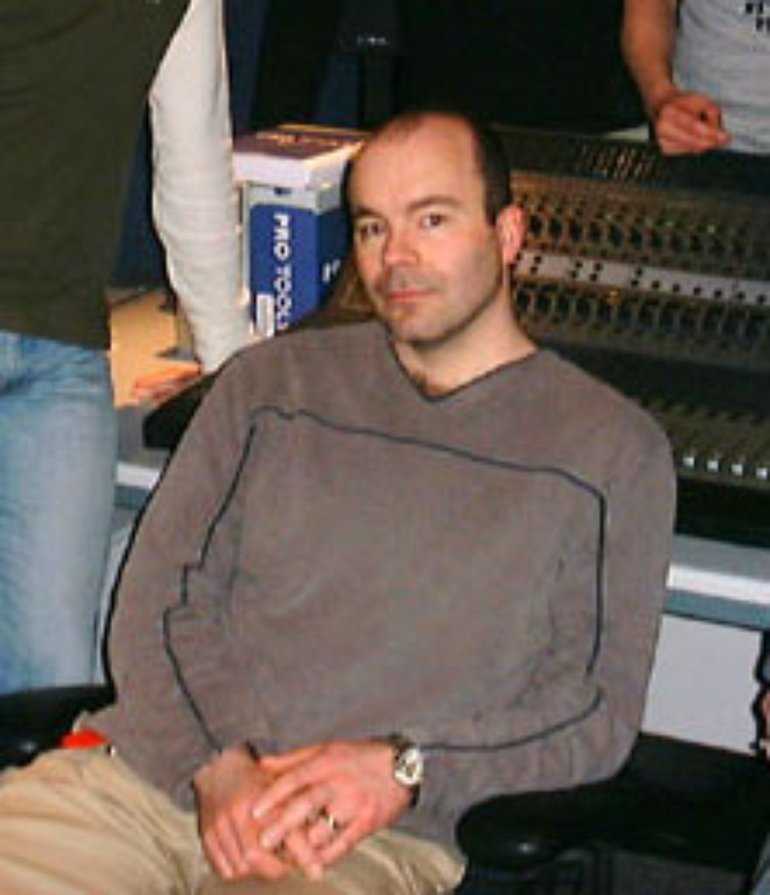
Records before records – Music & Video Games: David Wise
David Wise’s early resume doesn’t boast a lot of popular video games, but a lot of good music. Slalom e Wizards and Warriors are his first contributions to the videogame world in 1987. Subsequently, licensed titles were not lacking: in 1988 Wise in fact tried his hand at the soundtrack of the videogame adaptations of two quizzes, Jeopardy! (from us Rischiatutto) and the Wheel of Fortune. In 1989, however, the composer’s first major breakthrough was one of the most unsuspected titles for the British musician: nothing less than a great classic, Marble Madness.
Two years later, a game was released whose soundtrack is more half known. Let’s talk about the toughest series ever created by Rare: Battletoads, which nowadays (beyond the excellent revival curated by Dlala Studios) would be best known for sticking to the Ninja Turtles vein if it weren’t for Wise’s 8-bit frenzied rock (orchestrated below for Rare Replay). However, it is by collaborating with David Beanland and Eveline Fischer that Wise would achieve true notoriety. Remember the incessant rhythm of the bongos we alluded to earlier? A virtuosity on the piano is about to arrive that will take away all doubts.
The Monkey Came Up – Music & Video Games: David Wise
Yes, among the many video games he has worked on, David Wise is also (and most importantly) the mastermind behind the music of Donkey Kong Country (1994), which we have just talked about. Listing the two contributors, above, cleared the (erroneous) conception that the DKC soundtrack was 100% Wise sack flour, but not misrepresented: it is still mostly his creation. In addition to the “jungle” influences that serve as the thematic background for the saga, the original trilogy (or rather, more “duology”) for Super Nintendo offers a wide variety of styles that reflects the areas and settings in which they appear.
In the January 1996 interview written by Electronic Gaming Monthly, Wise said his life from traveler has shaped the sound of every Donkey Kong Country (and Land, on Game Boy) he has ever set to music. He also defined the soundtrack for Donkey Kong Country 2: Diddy’s Kong Quest its “Parisian experimental phase”. The reins passed mainly to Eveline Fischer for the third chapter, Dixie Kong’s Double Trouble !, but on the occasion of the 2005 port for Game Boy Advance the composer from across the Channel is back with unpublished scores for the whole adventure.
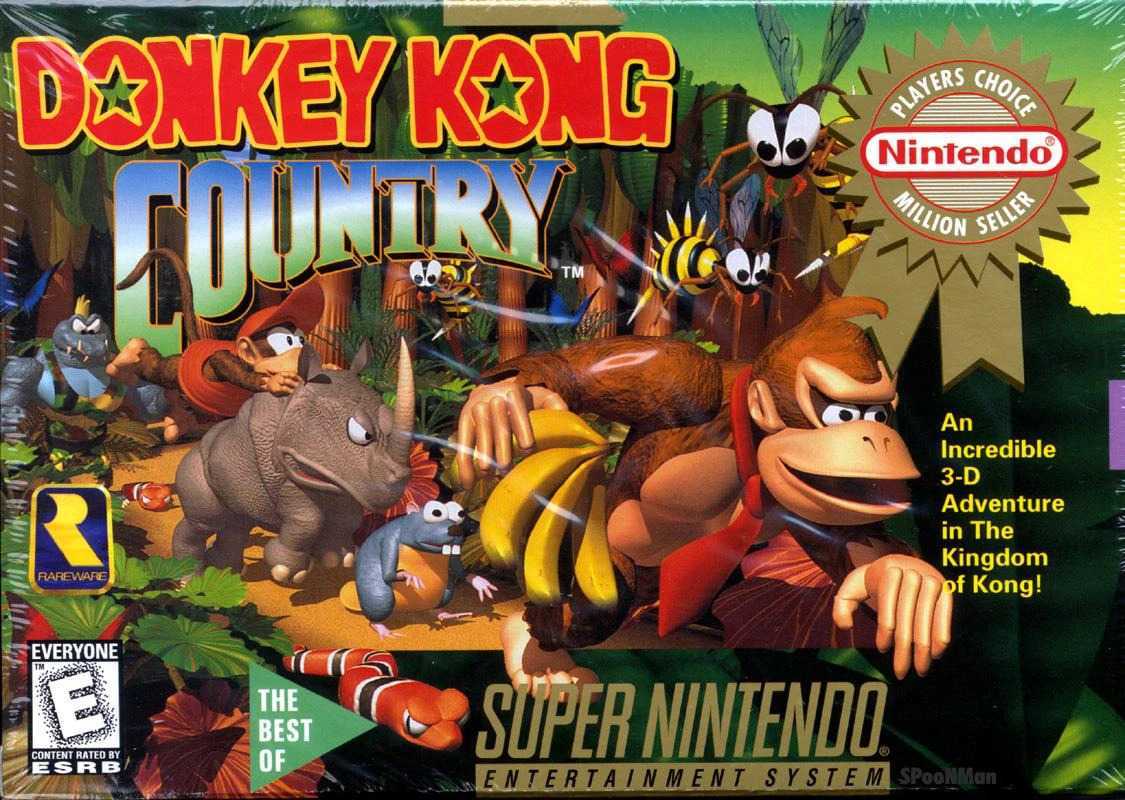
How the land of Donkey Kong was born – Music & Video Games: David Wise
After his beginnings as a freelancer, with such a huge task David Wise took it for granted that his music would be replaced with the work of one of the greatest veterans of video games. However, contrary to what the composer thought, Koji Kondo he didn’t play Donkey Kong Country tunes. Rare asked Wise to compose three demo songs, which were then merged into the iconic and suddenly understandable medley DK Island Swing, a melody from the first levels. Similar to Stewart Copeland (Spyro series, ex Police; more on that), Wise played the levels to understand which sound was suitable.
Kondo (Mario, Zelda) was source of inspiration for Wise, together with the soundtrack of Plok (1993), 80s electronic music, 90s rock, dance and their own experience. He did not lack creative freedom (Wise had his own workshop in a stable, with the occasional visit from Tim Stamper). The ambition of wanting to adapt to a graphics ahead of the times led Wise to dedicate a lot of time to some creations, such as the wonderful Aquatic Ambience (also played live by himself with the streamers of ADH Gaming) which took him a month and a week. . The rhythm of King K. Rool’s theme is instead a tribute to Iron Maiden.
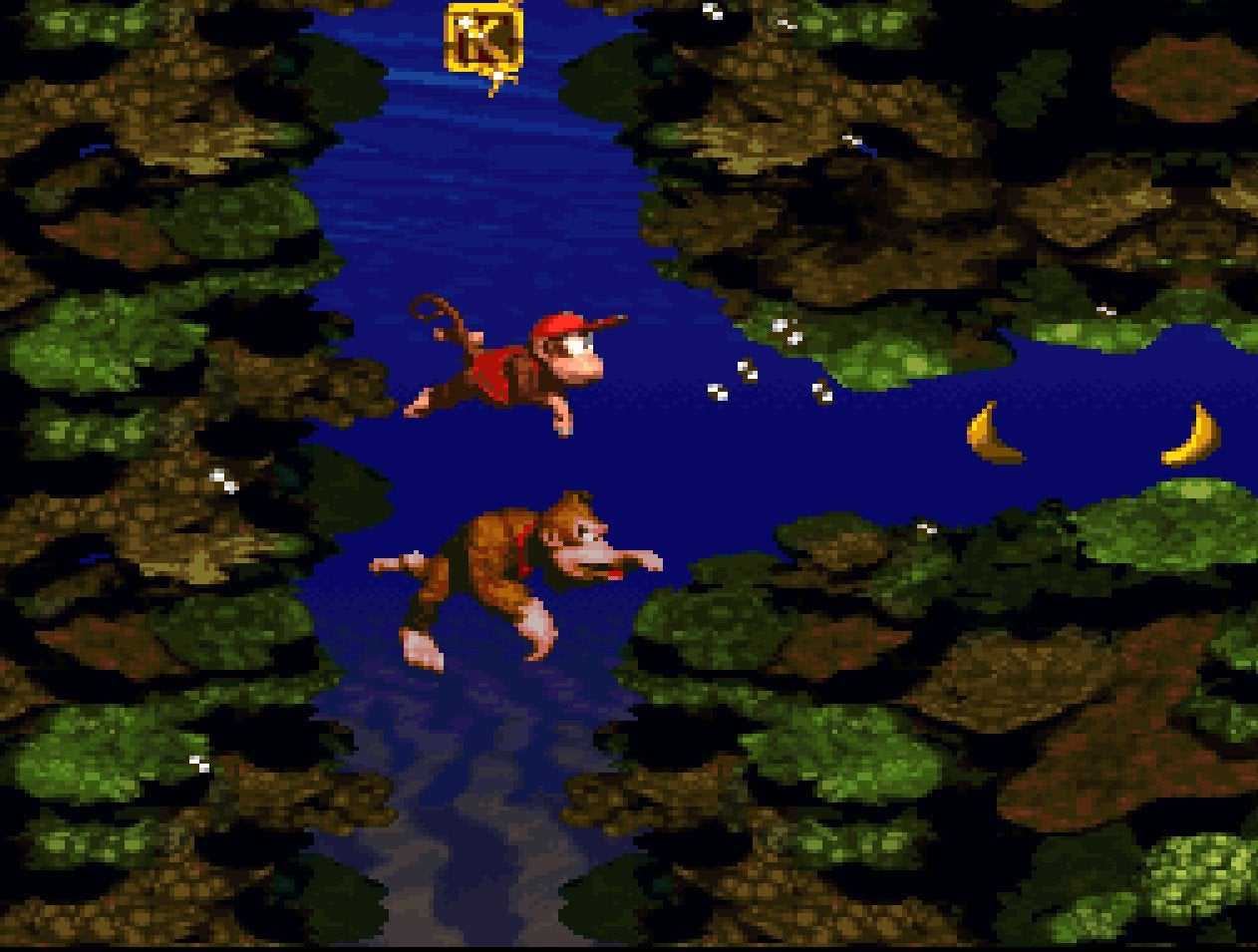
And how the sound was born – Music & Video Games: David Wise
Beyond the goodies like the title screen music, which rearranges the Donkey Kong theme showing the evolution of the character since 1981, David Wise has really established his style in video game development. Although the artist initially felt limited by the restrictions of the NES, knowing that the great minds of Nintendo based each of their compositions on them led him to improve. To give him a hand, as we recalled, there was also Evelin Fischer, who despite less experience composed seven of the play’s songs, as well as Robin Beanland.
The latter composed the Funky Kong theme (Funky’s Fugue) in a completely accidental way: the song was in fact targeted for an internal video to the development team on the progress of Killer Instinct, which came out the same year. Nintendo used it in a trailer, and Tim Stamper liked it so much that he wanted to include it in the game itself. The situation is different for the sound effects, which the rest of the Rare staff worked on (verses by Kremling and other enemies included). Wise attempted to record authentic animal sounds at Twycross Zoo, but the attempt was unsuccessful as the captive animals proved too taciturn.
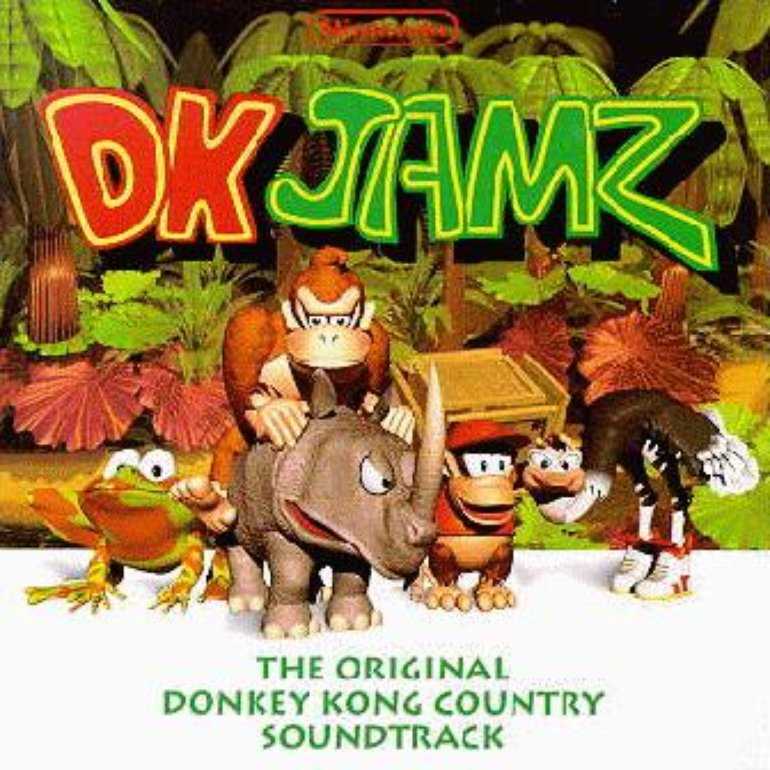
The “plastic” band of the end-Rare – Music & Video Games: David Wise
Following the success of video games on Super Nintendo, the presence of David Wise’s music in Rare’s products has itself faded quickly. The creative genius with cartoonish sounds of colleague Grant Kirkhope, which we will talk about in a few episodes, had now begun to exert a certain hegemony on the Nintendo 64 starting from Banjo-Kazooie. However, in this phase of gradual “John Lennon-style” detachment, Wise participated in the latest simian partnership between Rare and Nintendo with Diddy Kong Racing in 1997, only to return ten years later with the Nintendo DS port.
After a tango with licensed games in Mickey’s Racing Adventure, accompanying title (Game Boy Color) for Mickey’s Speedway USA (Nintendo 64) in 1999, the presence on the consoles of the Big N has faded more and more. The latest meteor, at the level of unpublished, was the little-known puzzle game of 2004 for the Game Boy Advance, It’s Mr. Pants. After contributing in 2008 to Viva Pinata: Pocket Paradise e War World, only to be mentioned in the credits of Banjo & Kazooie: Screws and Bolts, in 2009 he resigned his resignation after working with the development team for years.
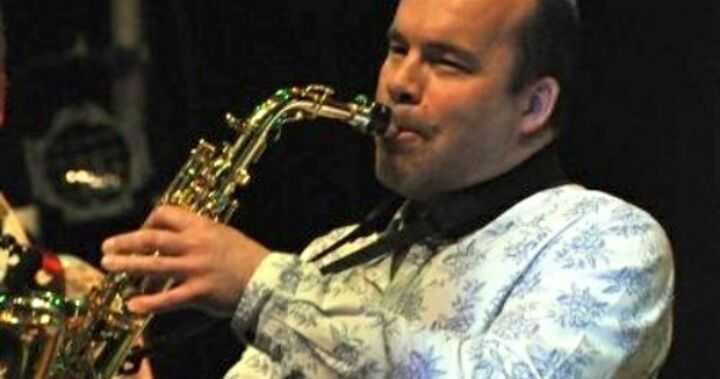
And the monkey went up again – Music & Video Games: David Wise
The hiatus, for David Wise, lasted until 2012, when he composed music for two video games: AXRIA Retro World and (passively) the Dada-like parody Abobo’s Big Adventure. In a sort of thematic reference to the origins of Wizards & Warriors, his first, true composition of 2013 was for Sorcery!. Contrary to what we might think, the reliance on the “second Rare” of the development of Donkey Kong Country Returns proved western in everything but the soundtrack, on which Retro Studios did not work, but an almond-eyed quintet.
Minako Hamano, Masaru Tajima, Shinji Ushiroda, Daisuke Matsuoda and (below) Kenji Yamamoto they have worthily paid homage to Wise’s work, rearranging the excellent soundtrack composed for the first DKC. By popular acclaim, however, Nintendo signed Wise in the 2014 follow-up, Donkey Kong Country: Tropical Freeze for Wii U (and Switch, via port). The union with the Yamamoto team led to a sensational amalgamation of the two musical influences, and for Wise it represented an authentic, triumphal return to origins. The real phoenix, however, for the composer was yet another.
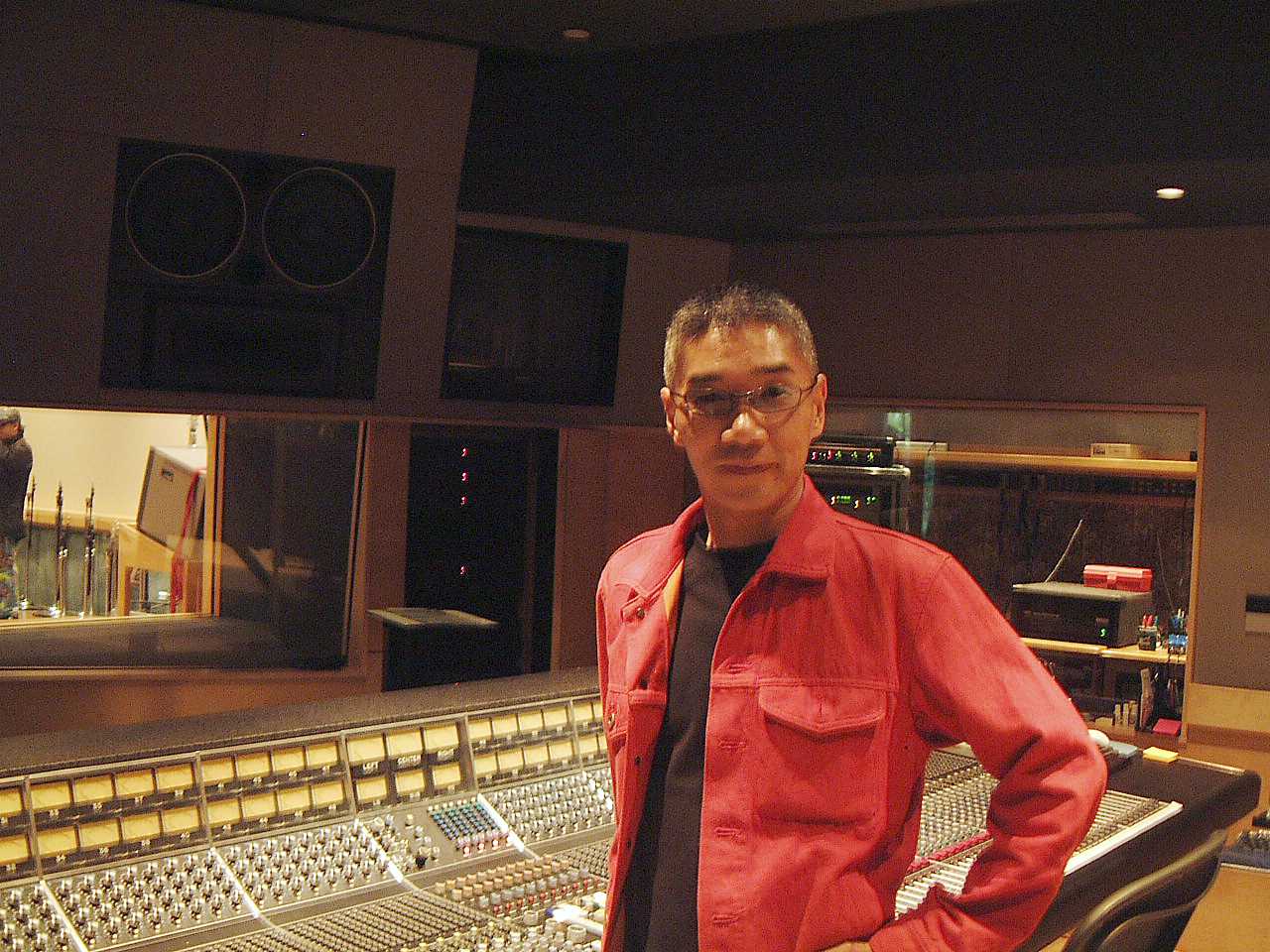
Rare Reptiles and New Owl – Music & Video Games: David Wise
In 2015, David Wise popped into special music thanks to Rare Replay, which pays homage to every video game (except the good old Big N gorilla) ever created by Rare. Two years later, however, the musician dabbled in tango with the indie scene with Snake Pass, the acclaimed title in which the player takes the reins of a snake by simulating its sinuous and creeping movements with remarkable realism. However, cementing Wise’s seemingly dormant star power was the first “new Rare game without being a Rare game,” in 2017.
We allude, unsurprisingly, to Yooka-Laylee, the openly declared spiritual heir of Banjo-Kazooie. The vicissitudes of the homonymous duo of chameleon and bat were the protagonists of one of the most dazzling and immediate successes of which Kickstarter had memory. We are talking about a breach of the minimum threshold of 175,000 pounds within the first 38 minutes of the campaign, the counter of which Playtonic Games (the exiles of Rare) literally don’t have time to see zero. The million pounds was reached in six hours – a speed record broken only by Shenmue III.
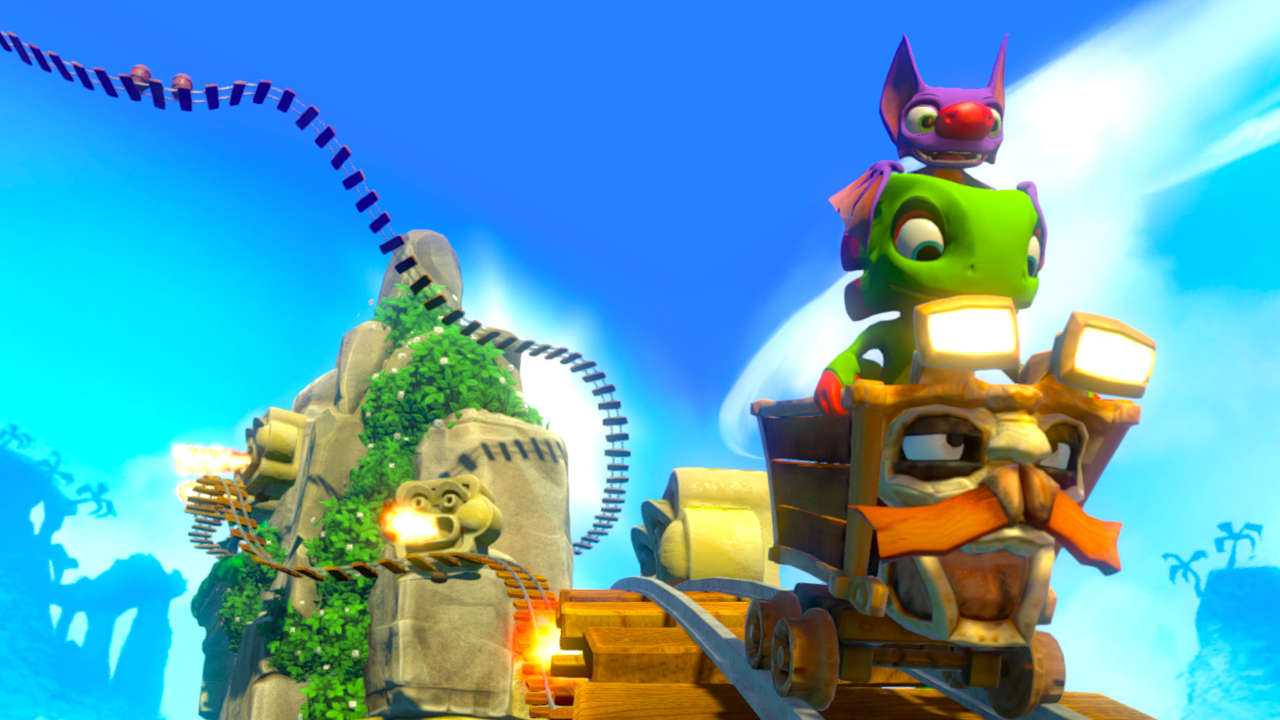
Musical Rarities – Music & Video Games: David Wise
The Beatles’ metaphorical use of a few paragraphs ago is a far cry from the rooftop concert. The star power we alluded to made the inclusion of David Wise among the composers of Yooka-Laylee the undisputed protagonist of one of the additional milestones per…












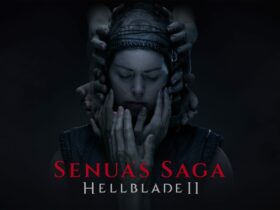


Leave a Reply
View Comments